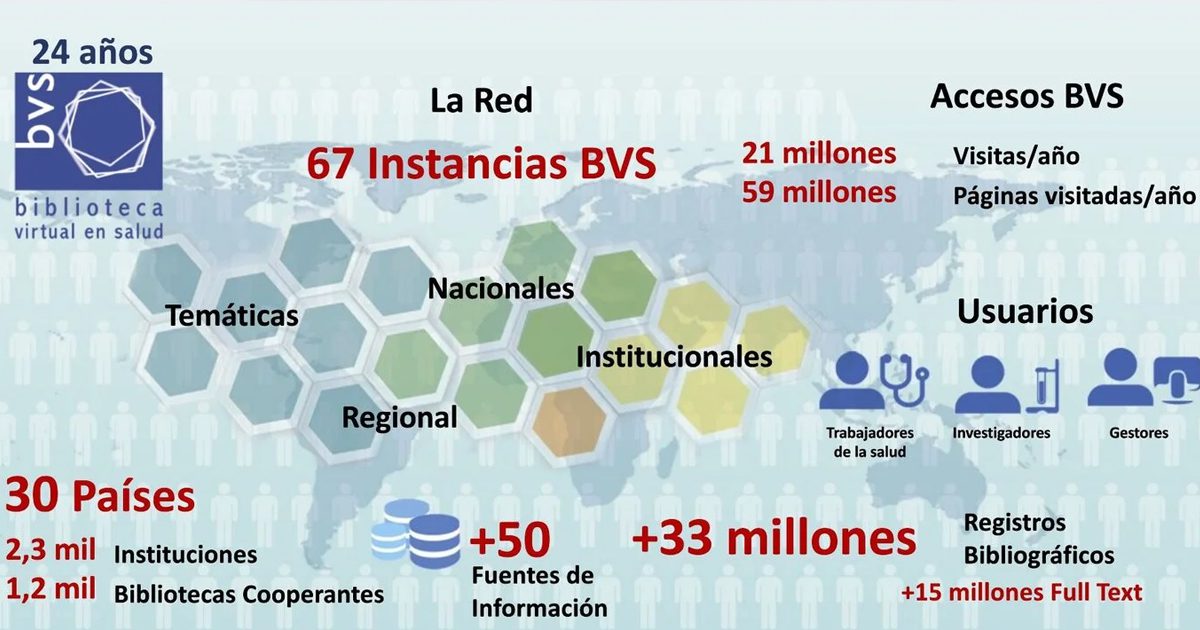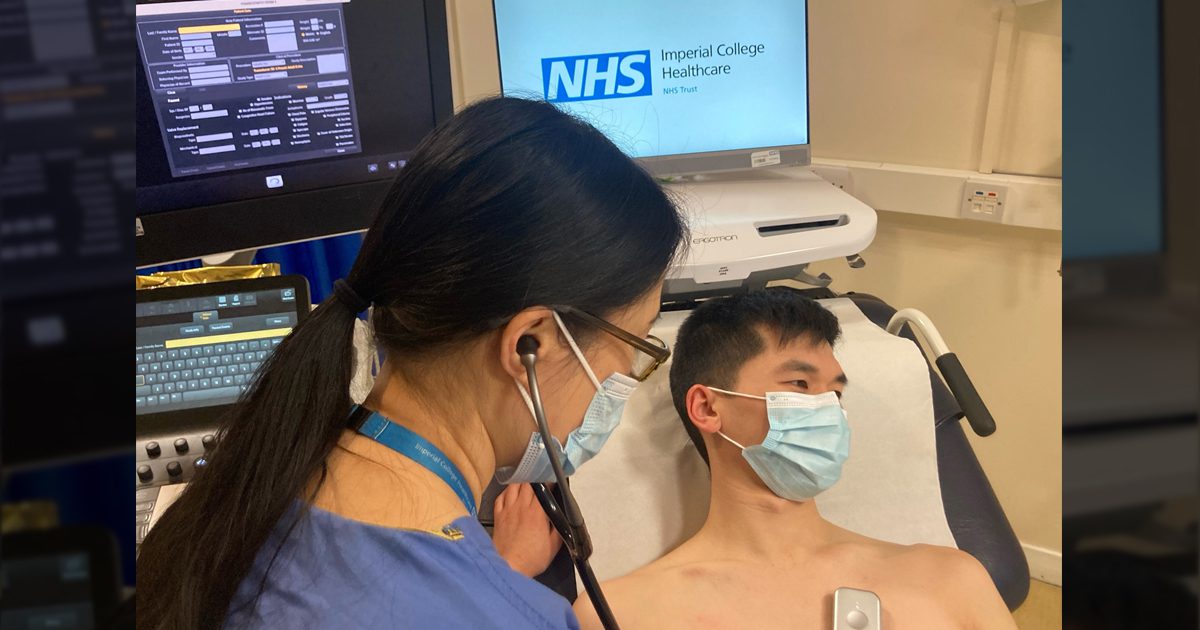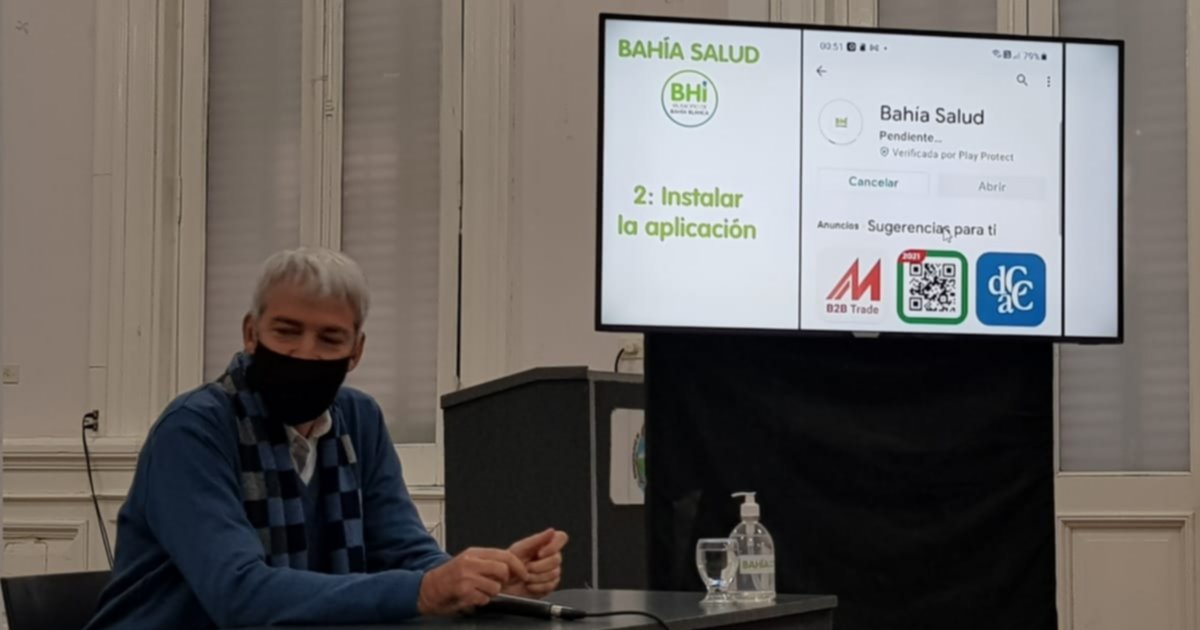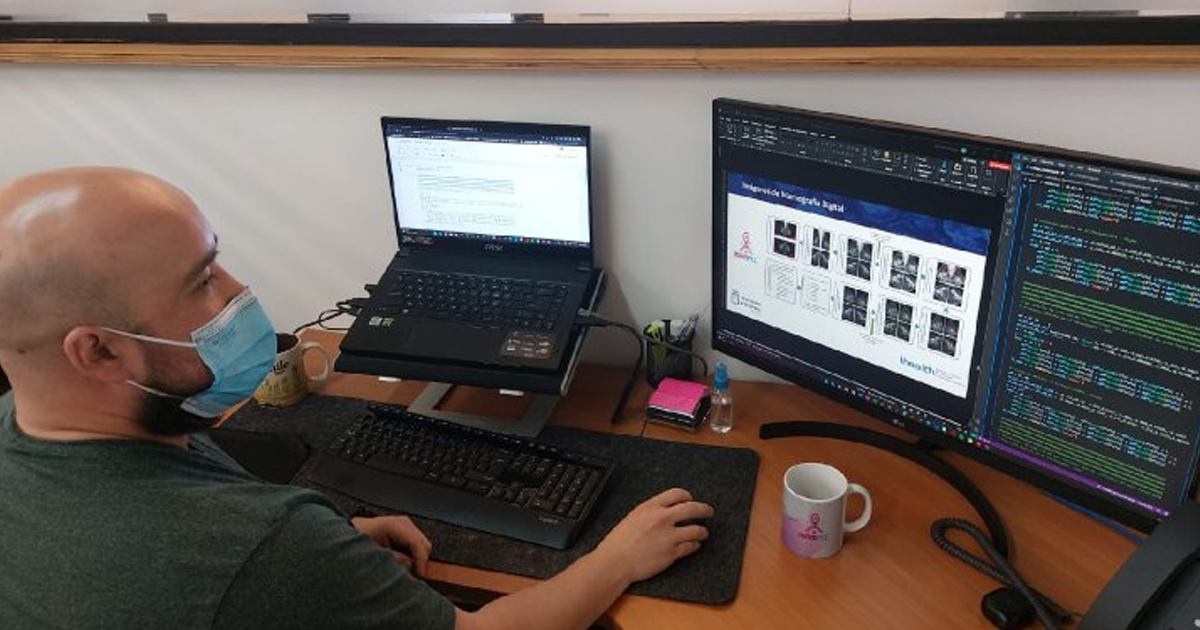The HEARTS mobile application is a quality clinical tool in primary care for the management of cardiovascular risk and hypertension.
HEARTS is a mobile application developed by the World Health Organization, as part of the Global HEARTS initiative, which aims to be a support tool in the management of cardiovascular diseases (CVD) in the Empericas region.
Likewise, the plan of this initiative is to be the model for the management of CVD by the year 2025. It is currently implemented in 21 countries and 1,045 primary care centers throughout the Latin American and Caribbean region.
A public health and health systems approach has been taken to systematically introduce simplified interventions at the primary health care level that focus on hypertension control as a clinical entry point.
HEARTS can be used on Android or iOS devices, and although it is designed for use in clinical practice, it can also be used by the general population interested in knowing their cardiovascular risk. The app has a guide on its use, as well as clinical recommendations.
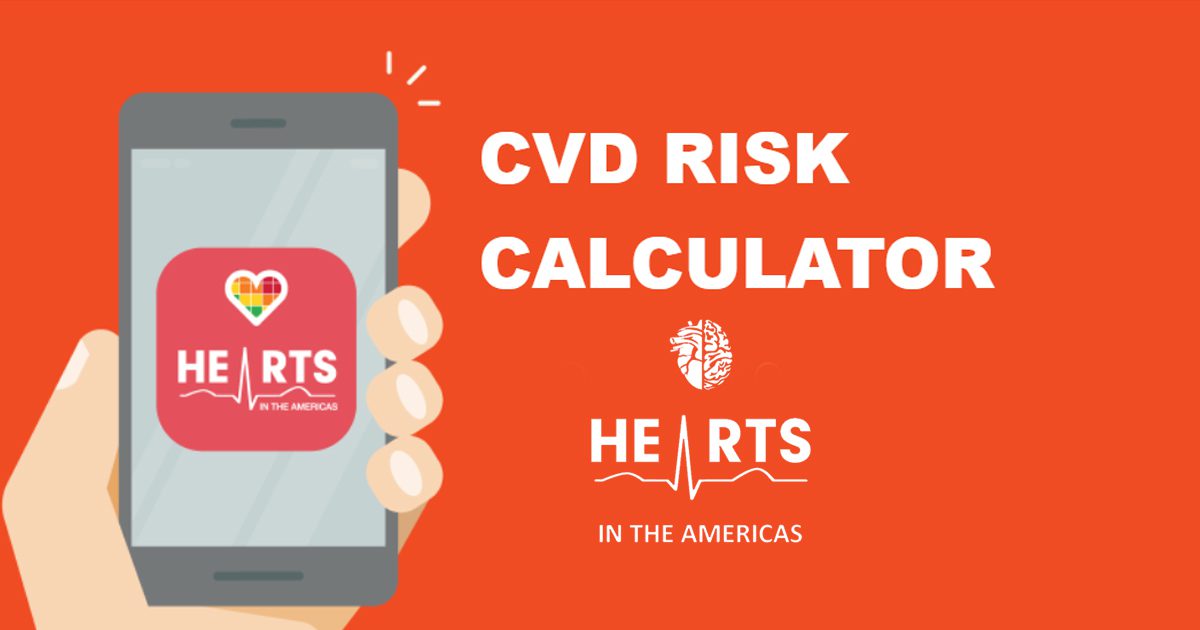
The main element of the application is the CVD risk calculator, through the body mass index (BMI) and the glomerular filtration rate. “In particular, this application incorporates the specific and standardized protocols for the treatment of hypertension defined by the ministries of health in the countries that execute the HEARTS initiative and have these protocols; for countries that have not yet adopted protocols, it includes the generic protocols of the HEARTS technical package”, explains a study carried out by the WHO.
The calculator provides a reliable and accurate estimate of CVD risk based on biometric and demographic data. To use the app properly it is necessary to obtain an accurate measurement of blood pressure through a validated device. Then in the app you must enter the data such as gender, age, if the patient is a smoker, blood pressure measurement, whether or not he or she is a patient with diabetes.
With this data, the HEARTS calculator determines the 10-year CVD risk with a precise percentage, as well as a colored graph above that shows a scale from critical risk to low or none.
“The HEARTS app is not intended to replace clinical judgment; Rather, this tool is intended to help individuals and health professionals improve their understanding of CVD risk and the relevance of detecting and addressing modifiable risk factors, as well as supporting proven interventions that are part of health strategies implemented in most countries”, concludes the PAHO/WHO analysis of this useful application.
HEARTS improves the quality of care in primary care centers, so its promotion and dissemination is considered by the WHO as a key action for the elimination of preventable CVD in the Americas.
HEARTS is available for download at: https://www.paho.org/en/hearts-americas/cardiovascular-risk-calculator-app
Learn more about this app and the HEARTS initiative in the following study conducted by PAHO/WHO: https://iris.paho.org/bitstream/handle/10665.2/55959/v46e462022.pdf?sequence=1&isAllowed=y

